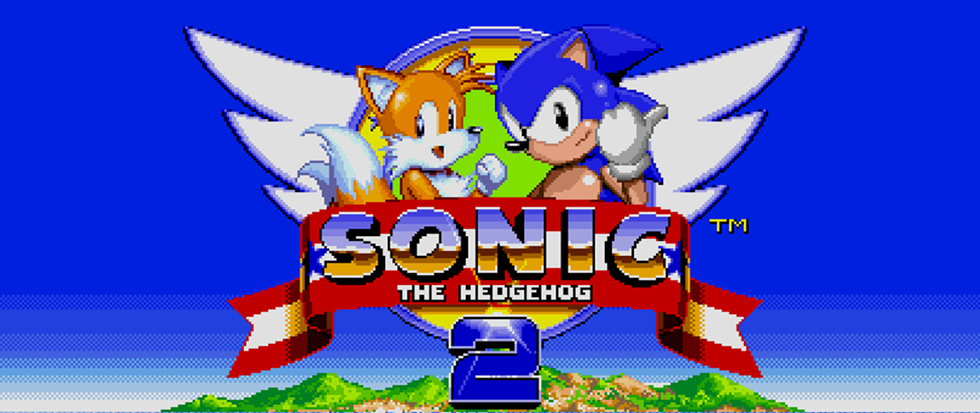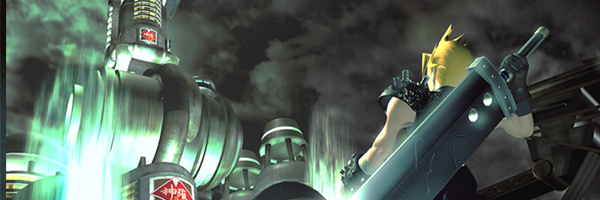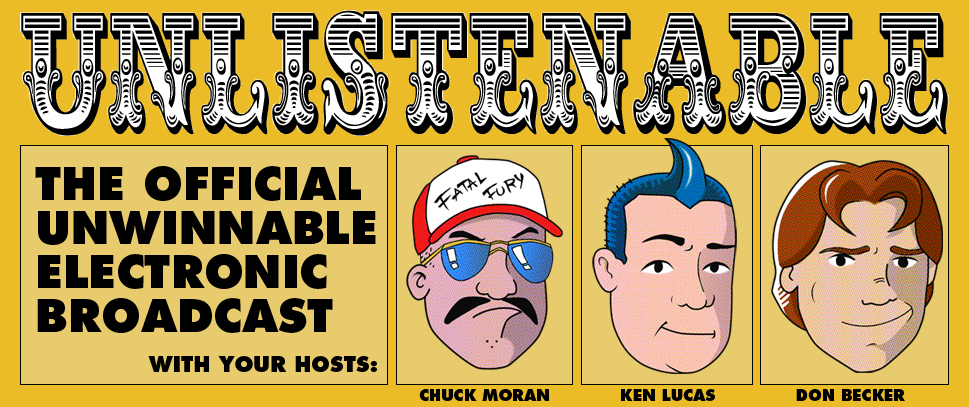
Why Video Game Music Matters
A game is more than gameplay and level design, more than story and aesthetic. A complete game is the sum of many parts, an intricate clockwork mechanism that cannot function without each vital component. Somewhere in that finely tuned amalgamation is music, an auditory identity that provides the game with another layer of personality. A game’s music also allows players a way to experience the game outside of actually picking up a controller. For example, when hearing the Chemical Plant Zone music from Sonic 2, it is difficult to avoid picturing the level in your head.
The ability for game music to elicit that kind of psychological response is powerful, and doubly so when nostalgia is involved. The games we play while growing up become ingrained into our minds, and the music plays a large role in how that happens. This point was hammered home for me while in high school when I had an experience that illustrated the unifying potential of games through their music.
One of my favorite games from my adolescence is Final Fantasy VII. I’m hardly unique in this respect; it is one of the most revered JRPGs of all time, celebrated for its then-revolutionary presentation and memorable characters. Just as iconic is the game’s music, a brilliant soundtrack by famed composer Nobuo Uematsu. Each track is memorable in its own right and sets the tone brilliantly in the absence of spoken dialogue. Favorites of mine include Red XIII’s Theme, Crazy Motorcycle, and Cid’s Theme, and Jenova’s Theme has been my ringtone for years. My high school friends and I had the game’s soundtrack on CD and would listen to it as we drove around. To this day, I identify the songs of Final Fantasy VII with spending time in my old Corolla as much as I do with the actual game itself.
While in high school, some friends of the family hosted an exchange student named Stephan from Italy. Stephan spoke some English, and we spent a great deal of time with him in a group setting as we watched movies and lounged by the pool. One day, we were all in my Corolla and I started up the car stereo which happened to have an FFVII disc inside. When the music started (it was the theme to Rufus’s Welcoming Ceremony, by the way), Stephan, from the back seat, pointed at the stereo and said, in his Italian accent “Final Fantasy!”

I’m not sure how this impacted the rest of the people in the car, but for me it ignited an epiphany wherein I realized that games can be a unifying factor the world over. I had known Stephan for less than a month, we barely spoke a common language, and yet we shared a love for Final Fantasy VII that transcended borders and language barriers. It was an important realization that helped me appreciate the art of video games and their music. There’s a reason a market exists for video game vinyl and live symphonies draw huge crowds numbering in the thousands. I like to think that experiences like mine have helped the video game music industry thrive.
As I type this, Mark of the Traitor is playing in my headphones, and I am searching for some more video game music from my childhood. Maybe I’ll land on some Chrono Trigger or Streets of Rage 2 (if you haven’t listened to this one recently, please do yourself a favor and click that link). Whatever I settle on, it is likely to be just as powerful as any film, and maybe more so, thanks how we tend to personalize video games due to their interactive nature and the large number of hours we spend with them.
Sometimes experiencing a game easier than dusting off the SNES and plugging in a copy of Final Fantasy III. Sometimes it’s just a matter of putting in some earbuds and hitting play.




